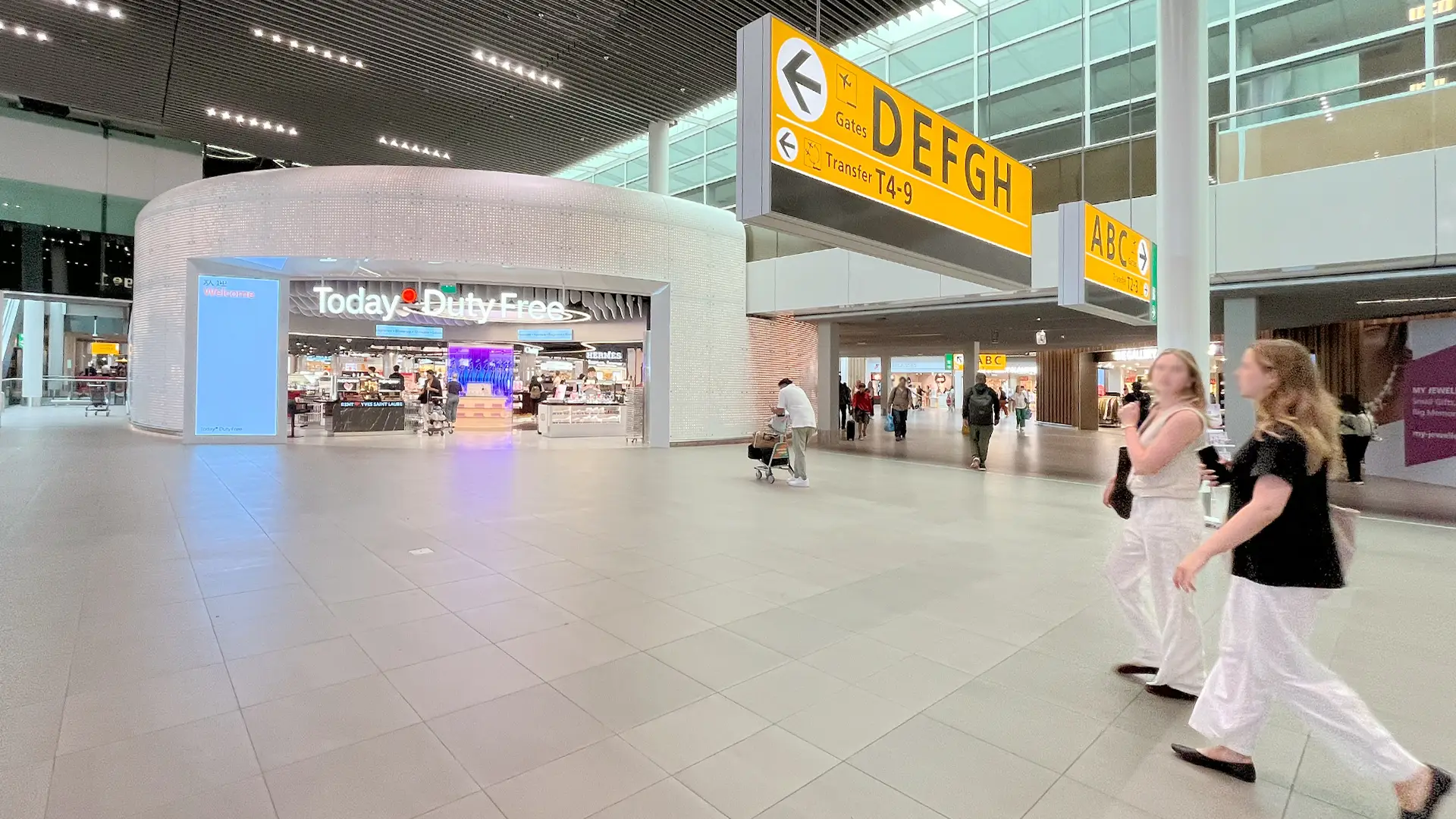
In progress - Sustainability and modernization for healthcare, research and education
The task
Radboudumc strives to renovate and make its East Flank more sustainable, with building M325 as the first step. The aim of this 'midlife renovation' is to make the building future-proof and to set it up for patient care, research and education. The challenge was to create an interior that is both functional for the various departments and in line with Radboudumc's sustainability ambitions.



“An inspiring environment for care, research and education.”



About this project
Building M325 houses the departments of Medical Psychology, Neurology, Psychiatry and Physiology, which play a key role in patient care, scientific research and education. The renovation aims to create a modern and efficient work environment that meets the specific needs of patients, healthcare providers, researchers and students.
Functionality and contemporary design
The interior design, provided by ZENBER Architects, focuses on combining functionality with a contemporary look. By paying attention to the ease of use and the various activities in the building, an inspiring environment is created that offers both comfort and efficiency.
Sustainability and flexibility
Sustainability is at the heart of this project. The renovation is in line with Radboudumc's broader sustainability goals by using energy-efficient techniques and sustainable materials. In addition, flexibility has been integrated into the design to make the building adaptable for future changes.

“Flexible design for a future-proof work environment.”
Highlights
Midlife renovation
A large-scale renovation of building M325, focused on patient care, research and education.
Multifunctional design
The interior is tailored to the diverse needs of departments such as Medical Psychology, Neurology, Psychiatry and Physiology.
Sustainability
Attention to sustainable materials and energy-efficient solutions that contribute to making the campus more sustainable.
Comfort and inspiration
A modern work environment that offers a pleasant and stimulating environment for patients and employees.
Future-proof
Flexible design that responds to changing requirements and uses for the coming decades.




Credits

In progress - Sustainability and modernization for healthcare, research and education
The task
Radboudumc strives to renovate and make its East Flank more sustainable, with building M325 as the first step. The aim of this 'midlife renovation' is to make the building future-proof and to set it up for patient care, research and education. The challenge was to create an interior that is both functional for the various departments and in line with Radboudumc's sustainability ambitions.


About this projct
Building M325 houses the departments of Medical Psychology, Neurology, Psychiatry and Physiology, which play a key role in patient care, scientific research and education. The renovation aims to create a modern and efficient work environment that meets the specific needs of patients, healthcare providers, researchers and students.
Functionality and contemporary design
The interior design, provided by ZENBER Architects, focuses on combining functionality with a contemporary look. By paying attention to the ease of use and the various activities in the building, an inspiring environment is created that offers both comfort and efficiency.
Sustainability and flexibility
Sustainability is at the heart of this project. The renovation is in line with Radboudumc's broader sustainability goals by using energy-efficient techniques and sustainable materials. In addition, flexibility has been integrated into the design to make the building adaptable for future changes.

“An inspiring environment for care, research and education.”




“Flexible design for a future-proof work environment.”
Highlights
Midlife renovation
A large-scale renovation of building M325, focused on patient care, research and education.
Multifunctional design
The interior is tailored to the diverse needs of departments such as Medical Psychology, Neurology, Psychiatry and Physiology.
Sustainability
Attention to sustainable materials and energy-efficient solutions that contribute to making the campus more sustainable.
Comfort and inspiration
A modern work environment that offers a pleasant and stimulating environment for patients and employees.
Future-proof
Flexible design that responds to changing requirements and uses for the coming decades.




